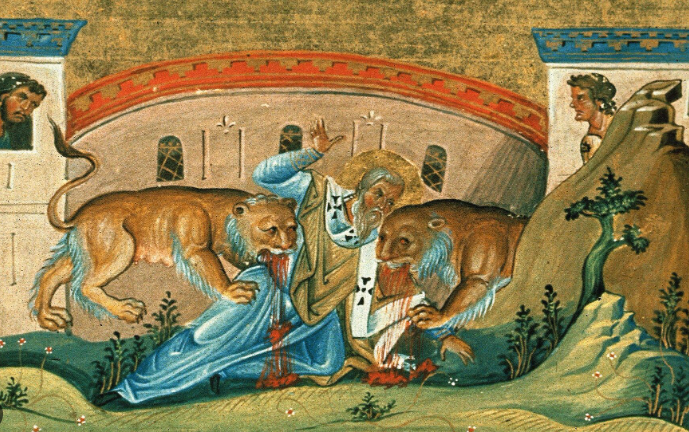Saint Ignatius of Antioch: Early Church Leadership
Saint Ignatius of Antioch played a pivotal role in the development of early Christianity, serving as one of the first bishops and influential theologians. His life and works provide valuable insights into the challenges faced by the early church, as well as the leadership principles that continue to resonate today. Exploring his contributions helps us understand the foundations of Christian leadership and community.
The Role of Ignatius in Early Christianity
Ignatius, who lived during the late first and early second centuries, was appointed bishop of Antioch, one of the earliest centers of Christianity. His leadership came at a time when Christians faced persecution and doctrinal confusion. As a staunch advocate for the unity of the church, Ignatius emphasized the importance of bishops as leaders who could guide their communities through these turbulent times. His letters to various Christian communities not only reaffirmed their faith but also served as letters of encouragement and instruction, shaping the structure and governance of the church.
The Letters of Ignatius: A Spiritual Legacy
One of the most significant contributions of Ignatius is his collection of letters written during his journey to martyrdom in Rome. These letters, addressed to communities such as Ephesus, Magnesia, and Rome, are rich with theological insights and pastoral advice. Ignatius emphasized the significance of the Eucharist, the role of the bishop, and the need for unity among believers. His writings reflect a deep commitment to Christ and a call for believers to maintain strong communal bonds, laying the groundwork for the church’s future theological and organizational framework.
Martyrdom and Its Impact on Church Leadership
Ignatius is often remembered for his martyrdom, which illustrated his unwavering faith and commitment to Christ. Captured and sentenced to death, he embraced his fate with courage, viewing martyrdom as a direct pathway to divine union. His martyrdom not only intensified the resolve of early Christians but also served as a powerful example of sacrificial leadership. As believers looked to figures like Ignatius in moments of crisis, his life inspired a generation to endure persecution, reinforcing the idea that true leadership often requires personal sacrifices for the greater good.
Conclusion
St. Ignatius of Antioch, with his unwavering faith and profound thought, left an enduring legacy for Christian leaders and the community. He not only emphasized the central role of the episcopal system within the Church but also exemplified faithfulness and sacrifice through his powerful letters and martyrdom. Today, we can still feel his fervent conviction and pastoral love in his writings.
If you yearn for a deeper understanding of the spiritual foundations of the early Church, consider reading Ignatius’s letters and experiencing the warmth and power of his thought. You can also appreciate the beauty and power of faith’s continuity through art and history by admiring Christian sculptures and paintings depicting early saints and scenes of faith, or by visiting church ruins that bear witness to historical memory.

